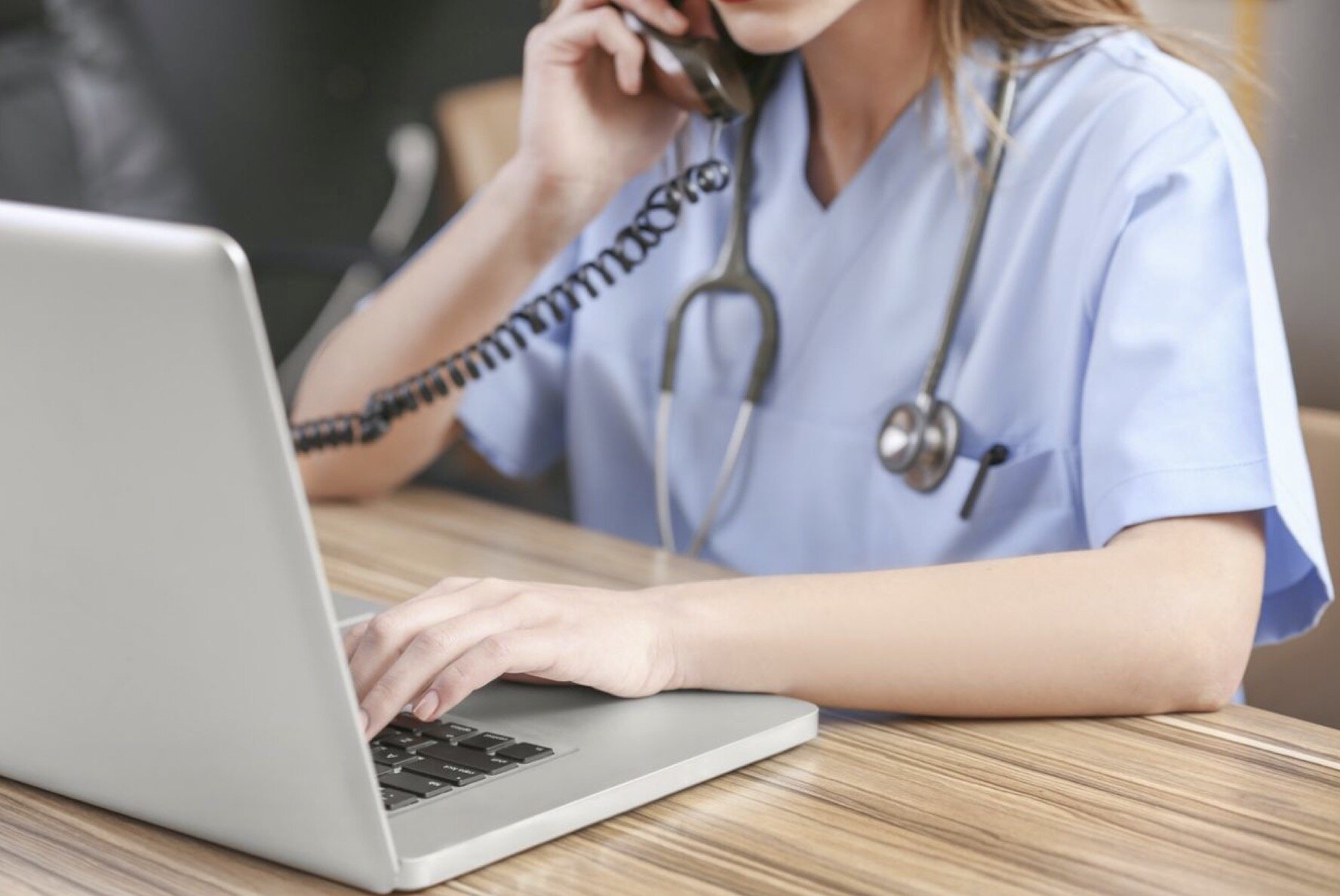I’m a doctor. This is what I am doing to stay well during coronavirus
I am fully expecting that the next few weeks to months will be intense. But there are ways that we can - and should - look after our health at this time.
For most of us, this current worldwide viral pandemic is unlike anything we have ever lived through. Right now we are all bracing for a major community outbreak of coronavirus.
I am fully expecting that the next few weeks to months will be intense. I am particularly conscious that as a doctor, I may end up working extended hours at the hospital and having higher levels of stress than normal. I also have three children, two in school and one in daycare, and I am preparing for a prolonged period where they are at home.
These are the things that I will be doing to look after my mental and physical health, as well as my family, over the next few months:
1. Prioritising sleep. People who have only slept four hours, compared to those who have slept eight hours, have a reduced response to vaccination. While this may or may not translate to a better immune response to coronavirus, sleep is also valuable in its own right, and optimises memory and cognitive function. Adequate sleep is also important for managing anxiety, so it really is worth prioritising.
2. Regularly exercising. This is one of my go-tos for stress management. Regular exercise does appear to decrease the number of days someone reports illness symptoms, although these studies are observational, so they show correlation not causation. Right now, most gyms are still operating, but if this changes I will continue to go for walks and do my home exercise program, as long as I am well.
3. Eating well. While I have stocked up on a few essentials, I am also conscious that I can’t store enough food for months. I can’t help but notice at the supermarket, there are still plenty of fresh fruit and vegetables available. Even in Italy and Wuhan, the grocery stores remained open during the most stringent social restrictions, and I am going to continue to enjoy making myself healthy meals with fresh ingredients.
4. Cocooning people at risk. For most people who are young and healthy, particularly children, COVID-19 seems to present itself as a mild illness. But for people who are older it is far more dangerous. While it is heartbreaking to think that my children might not see their grandparents for a few weeks or months, the reality is that my father-in-law is in his eighties and we need to protect him. My youngest child is two and incapable of social distancing. My husband will still visit his parents to drop groceries off while maintaining a distance of about 1.5 metres.
5. Checking in on my neighbours. One of my neighbours is currently having chemotherapy. Since this knocks out the immune system, she is at risk of developing more serious symptoms from coronavirus, and so she and her family will be in self-quarantine. When I go to the shops, I’ll check in whether she needs anything and leave it on her porch to avoid her or her family facing crowds.
6. Openly communicating with my children. A few nights ago, my eight-year-old started crying. She knows that she can’t see some people she loves for a while, and the school warned her that they might close soon. The kids are fully aware of what is going on, and that their parents are worried. The scientists who host children's YouTube show Operation Ouch made a video to give kids accurate and age appropriate information to help with this.
7. Putting the phone away. While it is tempting to constantly read updates on news websites and Twitter, I also know that I need to mentally take a break. Since I find myself consumed by all the articles on coronavirus if my phone is nearby, in the evenings I am putting my phone away and taking some time to relax by reading a good book or watching something light on a streaming service.
8. Washing my hands. This one I cannot emphasise enough. We all touch our faces all the time. It is something we do so absent-mindedly that we are almost powerless to stop it. Washing our hands with soap and water can remove microbes from our skin and disrupts the outer membrane of most viruses and bacteria. Alcohol-based hand sanitisers are a good substitute if you can’t wash your hands.
SOURCE : Apple News

